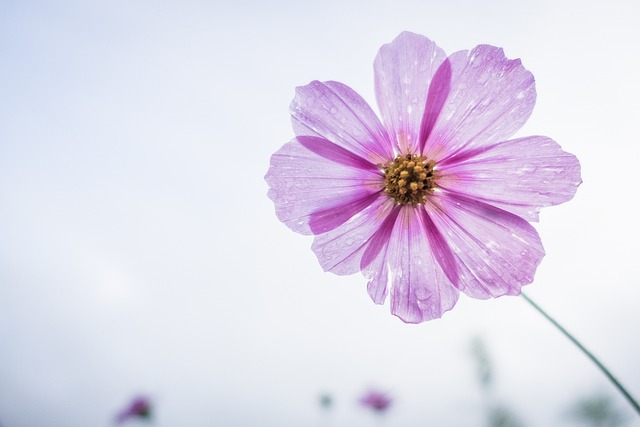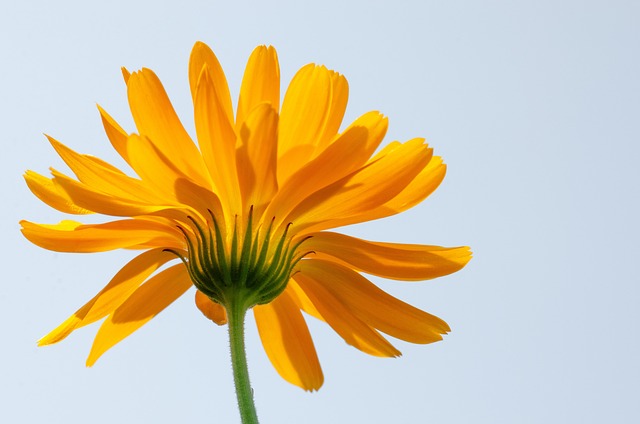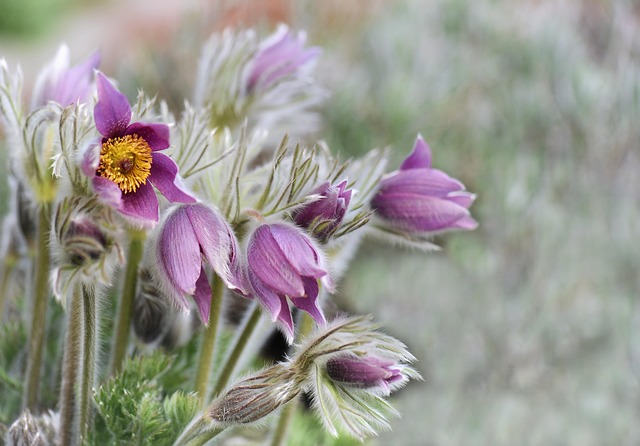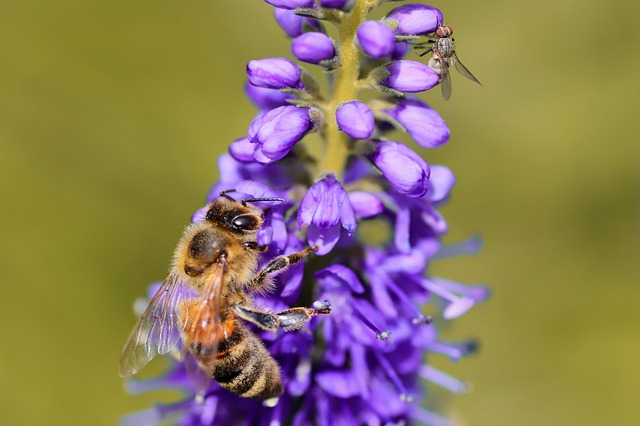THCA (Tetrahydrocannabinol Acid) is a non-intoxicating cannabinoid found in cannabis plants, offering therapeutic benefits without producing a 'high'. When heated, THCA converts to THC, which can induce psychoactive effects. However, this process reduces THCA concentration, minimizing impairment potential compared to high-THC products. THCA flower is gaining popularity for its calm and relaxing effects without cognitive impairment, making it an attractive alternative for managing chronic pain, inflammation, anxiety, depression, and infections.
Discover the intriguing world of THCA flower and its impact on users. This comprehensive guide explores whether THCA (Tetrahydrocannabinol Acid) flower can induce a ‘high’, separating fact from fiction. We delve into the chemistry behind this non-psychoactive cannabinoid, its relationship with psychoactivity, and the factors that might enhance or alter its effects. Additionally, learn about potential benefits associated with THCA flower usage, making it a fascinating topic for cannabis enthusiasts and those seeking alternative remedies.
- Understanding THCA: The Non-Psychoactive Cannabinoid
- The Relationship Between THCA and Psychoactivity
- Factors Influencing the 'High' from THCA Flower
- Potential Benefits of THCA Flower Usage
Understanding THCA: The Non-Psychoactive Cannabinoid

THCA, or Tetrahydrocannabinol Acid, is a lesser-known cannabinoid found in the cannabis plant. Unlike its more famous counterpart, THC (also present in THCA), this compound doesn’t produce any psychoactive effects when consumed. In other words, it’s non-intoxicating and won’t get you high. This distinct property makes THCA flower an appealing option for those seeking the potential therapeutic benefits of cannabis without experiencing a altered mental state.
While THCA itself doesn’t induce a ‘high’, it’s worth noting that when heated or decarboxylated, it converts into THC, which is known for its euphoric effects. However, the process of converting THCA to THC reduces its concentration significantly, making it less likely to produce the same level of impairment as cannabis products with higher THC levels.
The Relationship Between THCA and Psychoactivity

The relationship between THCA (Tetrahydrocannabinol Acid) and psychoactivity is a fascinating aspect of cannabis research. THCA is a non-psychoactive compound found in raw cannabis plants, often referred to as the “green” or “unprocessed” form, including its famous flowers. Unlike its more well-known relative, THC (Tetrahydrocannabinol), THCA doesn’t directly induce the characteristic euphoric high associated with cannabis use. This is because THCA must undergo a thermal conversion process to transform into THC.
When cannabis flowers are heated, whether through smoking or vaporization, the acid binds to cannabinoids receptors in our bodies, leading to potential psychoactive effects. This conversion process allows THCA to produce the mind-altering properties that people associate with cannabis consumption, including changes in perception and mood. However, it’s important to note that not everyone experiences these effects in the same way, as individual tolerance and other factors can influence the intensity and nature of any psychoactive response from THCA flower.
Factors Influencing the 'High' from THCA Flower

The experience of getting “high” from THC (tetrahydrocannabinol) in cannabis is influenced by several factors, and the same holds true for THCA (tetrahydrocannabinolic acid) flower. While THCA itself does not produce a psychotropic effect, it serves as a precursor to THC when heated or decarboxylated. The strength of the “high” from THCA flower depends on the concentration of THCA present in the plant matter and how thoroughly it has been converted into active THC compounds during processing.
Additionally, individual tolerance levels, metabolism, and even genetics play a role in determining one’s response to THCA consumption. First-time users or those with lower tolerances may experience more pronounced effects from smaller doses of THCA flower, while regular consumers might require higher amounts. It’s essential to start with a low dose and gradually increase until the desired effect is achieved, ensuring a safe and enjoyable experience regardless of the presence of THC in its raw THCA form.
Potential Benefits of THCA Flower Usage

The THCA flower, a derivative of the Cannabis sativa plant, has gained attention for its potential benefits beyond just getting someone high. Often considered a non-intoxicating compound, THCA (tetrahydrocannabinolic acid) is known for its therapeutic properties. Users report experiencing a sense of calm and relaxation without the mental cloudiness or cognitive impairment sometimes associated with other cannabis products.
THCA flower is believed to offer anti-inflammatory and analgesic effects, making it potentially useful for managing chronic pain, joint stiffness, and inflammation. It may also help alleviate anxiety and depression due to its interaction with the endocannabinoid system in the body. Additionally, THCA’s antibacterial and antifungal properties suggest it could aid in combating various infections.
While THCA flower doesn’t directly induce a psychoactive “high” like its more well-known counterpart THC, it offers a range of potential benefits. Understanding the unique relationship between THCA and psychoactivity, along with the factors influencing its effects, reveals a complex compound with promising applications. Further research is needed to unlock the full potential of THCA flower, but current evidence suggests it deserves consideration as a valuable addition to the growing cannabis-derived product landscape.
